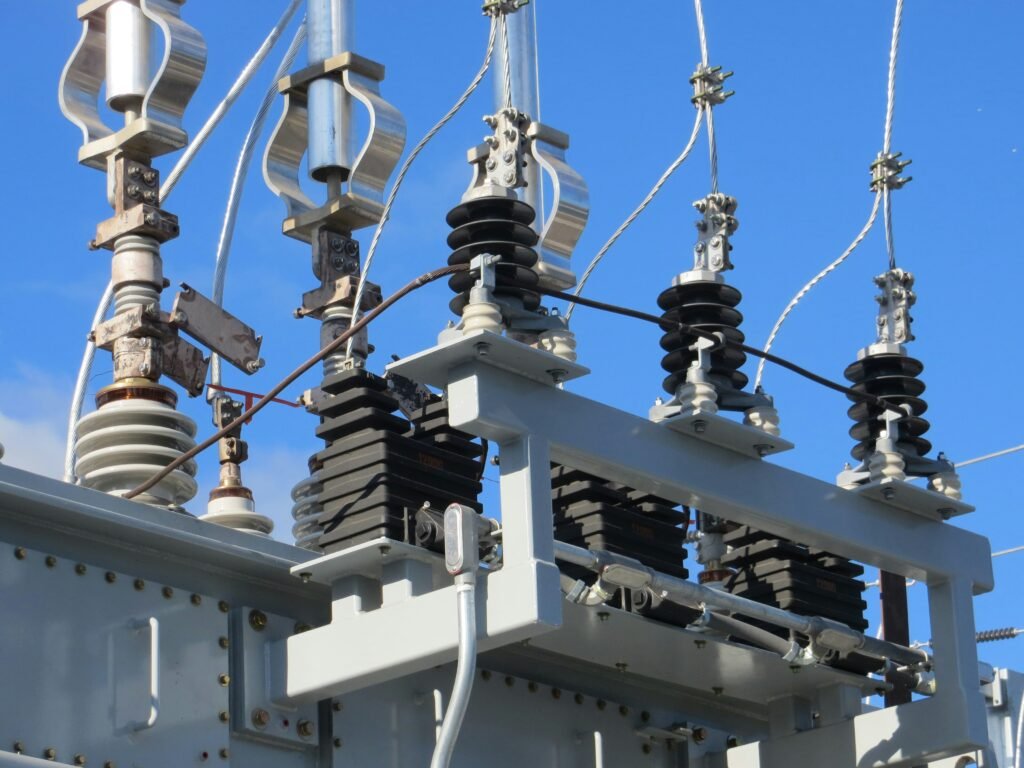What are the environmental benefits of switching to renewable energy sources?

Understanding Renewable Energy
Renewable energy sources such as solar, wind, hydro, and geothermal power are ways to generate electricity without depleting finite resources or harming the environment. By relying on these sources, you can help reduce greenhouse gas emissions and combat climate change.
Let’s break it down for you:
Switching to renewable energy can lead to a significant reduction in carbon emissions, which are the main contributors to global warming. This shift helps to protect the planet for future generations.
Lower Greenhouse Gas Emissions
When you use renewable energy sources, you are not burning fossil fuels like coal, oil, or natural gas, which release harmful greenhouse gases into the atmosphere. By reducing these emissions, you are playing a crucial role in combating climate change and improving air quality.
Here’s why it matters:
Lowering greenhouse gas emissions helps to slow down the effects of climate change, such as rising global temperatures, extreme weather events, and melting ice caps. Your contribution to reducing emissions supports a healthier environment for all living beings.

Energy Independence
By embracing renewable energy sources, you are less dependent on imported fossil fuels, which can be costly and subject to geopolitical tensions. Renewable energy promotes energy independence by utilizing local resources to generate power, creating a more stable and secure energy supply.
What this means for you:
With renewable energy, you can rely on domestic sources of energy, reducing the need for foreign imports and ensuring a more sustainable energy future.
Preservation of Natural Resources
Renewable energy sources are derived from naturally replenished resources such as sunlight, wind, and water, unlike fossil fuels that are finite and non-renewable. By harnessing these abundant resources, you can help preserve natural habitats and reduce the need for environmentally destructive practices like mining and drilling.
Consider this:
Through the use of renewable energy, we can protect valuable ecosystems and biodiversity that are essential for a healthy planet. Your choice to embrace renewable energy contributes to the conservation of our precious natural resources.

Economic Benefits
Investing in renewable energy not only benefits the environment but also the economy. The renewable energy sector creates jobs, stimulates local economies, and reduces energy costs for consumers. By supporting renewable energy initiatives, you are contributing to a sustainable and prosperous future for your community.
A win-win situation:
Renewable energy projects provide employment opportunities in manufacturing, installation, and maintenance of clean energy technologies. Additionally, as renewable energy becomes more widespread, it drives down electricity prices for consumers, making it a cost-effective choice for your wallet.
Resilience to Climate Change
As the impacts of climate change become more prevalent, the need for resilient energy systems is paramount. Renewable energy sources like solar and wind power are decentralized, distributed, and versatile, making them less vulnerable to extreme weather events and natural disasters. By diversifying the energy mix with renewables, you can enhance the resilience of the power grid and ensure a reliable energy supply even in challenging conditions.
Planning for the future:
By integrating renewable energy into our energy infrastructure, we can build a more resilient and adaptive system that can withstand the challenges of a changing climate. Your support for renewable energy helps to secure a sustainable energy future for generations to come.

Public Health Benefits
Renewable energy not only benefits the environment but also human health. By reducing air pollution, decreasing respiratory illnesses, and mitigating the impacts of climate change, renewable energy contributes to improved public health outcomes. Clean energy technologies offer a healthier and safer alternative to fossil fuels, promoting well-being and quality of life for communities.
Your health matters:
Switching to renewable energy sources means breathing cleaner air, reducing the risk of respiratory diseases, and protecting the health of vulnerable populations. Your choice to support renewable energy has a direct impact on public health and well-being.
Conclusion
Embracing renewable energy sources has numerous environmental, economic, and social benefits that extend far beyond the realm of sustainability. By making the switch to clean and renewable energy, you are contributing to a healthier planet, a thriving economy, and a brighter future for all. Your support for renewable energy is a crucial step towards building a sustainable and resilient world for generations to come.






Tips for Choosing the Best Renewable Energy Products - Renewable Vibes 8 Feb 2025
[…] it comes to choosing the best Renewable energy products for your needs, the options can be overwhelming. From solar panels to wind turbines, there are a […]
The Economic Impact of Investing in Renewable Energy Infrastructure - Renewable Vibes 9 Feb 2025
[…] forms of sustainable energy sources such as solar, wind, hydroelectric, and geothermal power. These Renewable energy sources aim to replace traditional fossil fuels like coal, oil, and natural gas to reduce greenhouse gas […]